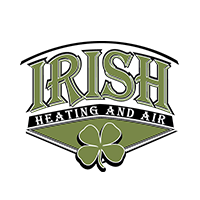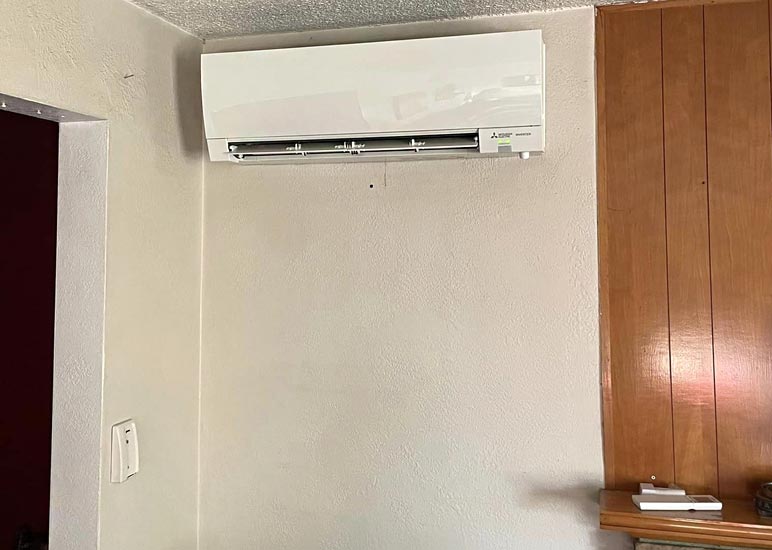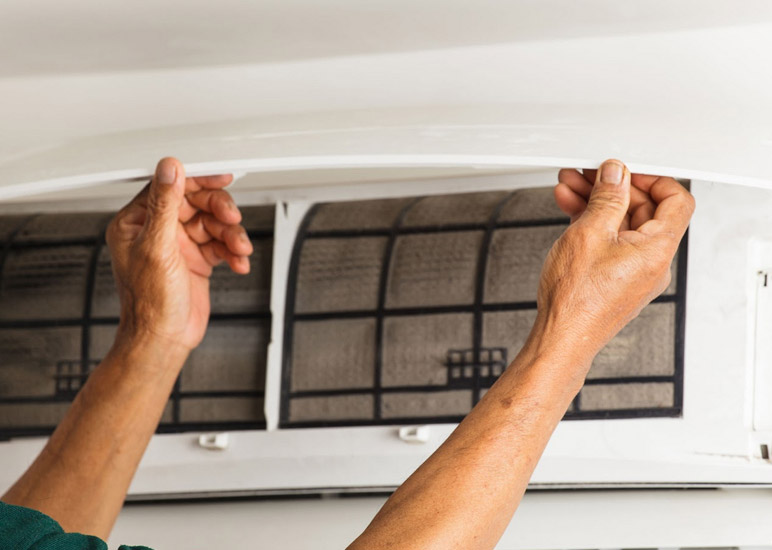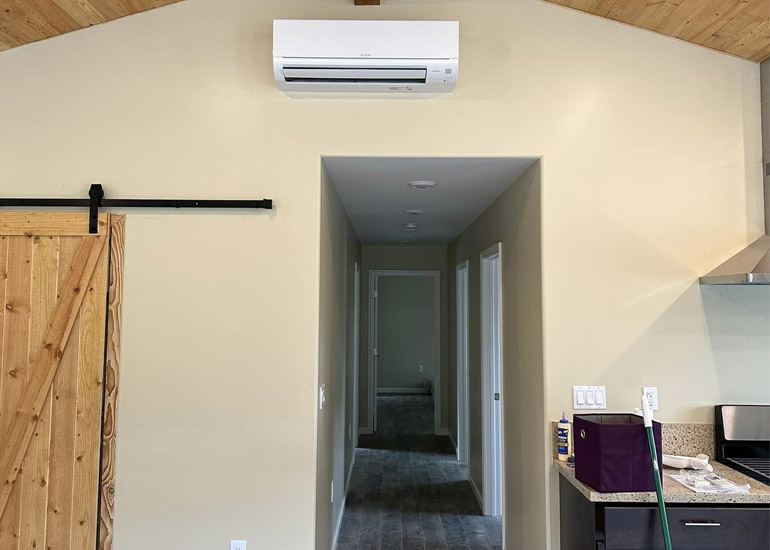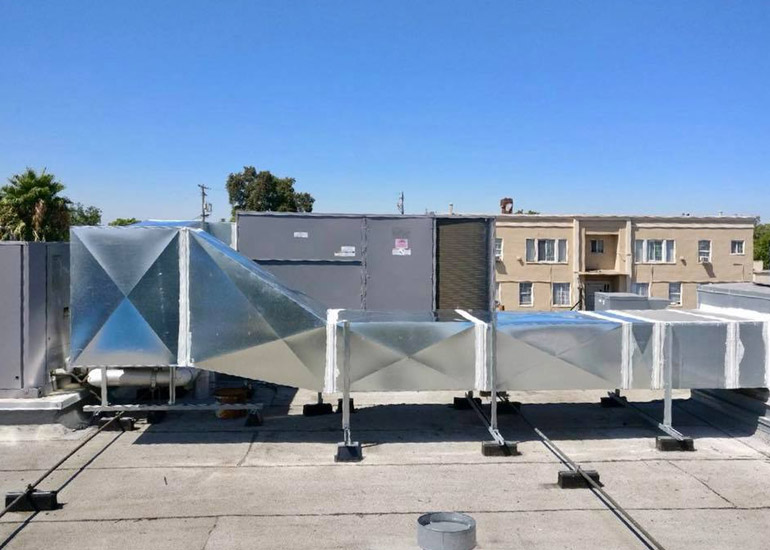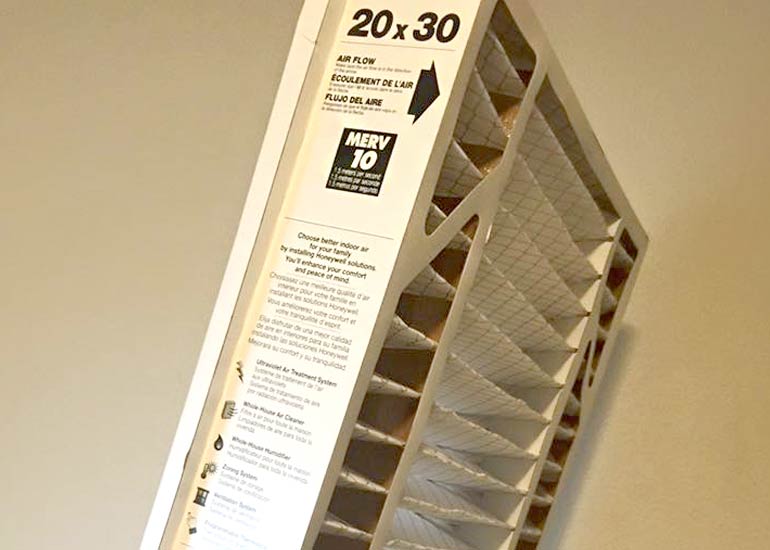 Choosing a filter for your furnace or air conditioner isn’t as simple as choosing the right size. Different kinds of filters are of vastly different quality. One thing that sets them apart is their MERV rating. While filters with larger MERV ratings are often thought of as superior, that may not mean they are right for you. Discover what MERV filter you should use below.
Choosing a filter for your furnace or air conditioner isn’t as simple as choosing the right size. Different kinds of filters are of vastly different quality. One thing that sets them apart is their MERV rating. While filters with larger MERV ratings are often thought of as superior, that may not mean they are right for you. Discover what MERV filter you should use below.
What is MERV?
MERV stands for minimum efficiency reporting value. It is a measurement of a filter’s ability to capture particles that are between 0.3 and 10 microns in size. Particles this size include dust, mold spores, pollen, sanding dust, some viruses, bacteria, and allergens. You want your filter to capture these particles, but without limiting the efficiency of your furnace or air conditioner.
The higher a filter’s MERV rating, the smaller particles it can collect. The ratings range from one to twenty. Use this chart to understand the efficiency of each rating:
| MERV Rating | Average Particle Size Efficiency |
|---|---|
| MERV 1, 2, 3, and 4 | Only filters particles larger than 10 microns |
| MERV 5, 6, 7, 8 | Filters particles that are larger than 3.0 microns |
| MERV 9, 10, 11, 12 | Filters particles that are larger than 1.0 microns |
| MERV 13, 14, 15, 16 | Filters particles that are larger than 1.0 microns, but captures a higher percentage of them |
| MERVA 17, 18, 19, 20 | Filter particles that are larger than 0.30 microns |
Which MERV Rating is Right for Me?
You might think that a higher MERV is always better, but that’s not the case. Air conditioners and furnaces are not designed to pull particles out of your air. Instead, their goal is to produce a lot of hot or cold air and spread it evenly through your home. A filter that captures very small particles may restrict the movement of air through the appliance, which can reduce its efficiency and even damage it. Extra air held back in the appliance can put pressure on the fan and other mechanical parts the same as if the filter was clogged. It can also put extra
So, you need to balance your MERV rating with the kind of efficiency and longevity you want from your appliance. You certainly wouldn’t want to use a MERV rating above 16, as these filters are intended for extremely specific commercial equipment, and not for home appliances. However, a MERV filter of four or less may not do a good job of even protecting your furnace or air conditioner from particles.
Most home HVAC equipment is suitable for filters from 5 to 12. However, you should talk to your HVAC specialist first before you buy. They can help you maximize your filter quality without harming your air conditioner or furnace.
What If I Want to Remove More Particles from the Air?
None of the MERV-rated filters are as efficient as a HEPA filter at removing these particles from the air. If you’re concerned about air pollutants or your home’s air quality, you should consider investing in an air purifier instead. It is designed to remove these pollutants and uses a very high-quality filter to do so.
